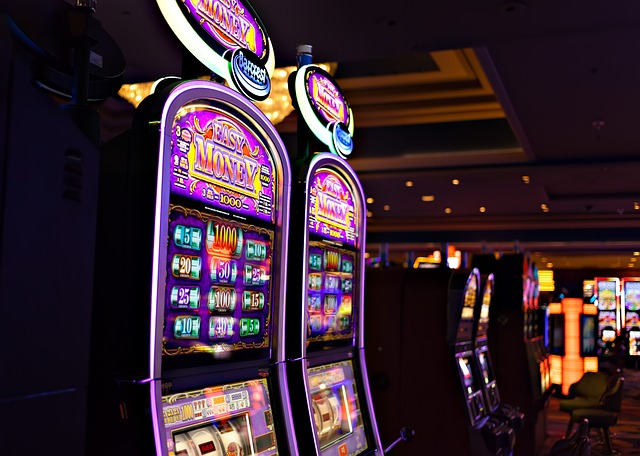The COVID-19 pandemic led to unprecedented global disruptions, affecting virtually every sector of the economy. Many traditional businesses were forced to adapt, digitize, or risk closure. However, the online national casino sign in industry was one of the sectors that not only survived the adverse effects but also thrived in the new, socially-distanced reality. This surprising phenomenon can be viewed from several perspectives to understand how online casinos provided both economic and psychological relief during challenging times.
Firstly, the economic impact cannot be overlooked. With the closure of land-based casinos due to health restrictions, thousands found themselves out of work. However, online platforms were able to absorb some of this labor force. From customer service to software development and cybersecurity, new job opportunities arose. This transition also allowed those who were previously tied to physical locations to work remotely, offering greater flexibility and a safer environment. Furthermore, governments benefited from this digital pivot through continued tax revenues, which became increasingly crucial as other traditional income streams dried up. These tax revenues could be redirected to provide essential public services, including healthcare and social welfare programs aimed at pandemic relief.
Moreover, online casinos offered an avenue for fundraising and charity. Many platforms organized special games, tournaments, or events where the proceeds were directed towards COVID-19 relief efforts. For instance, funds were raised to help frontline workers, procure PPE kits, and support vulnerable communities hit hard by the pandemic. By serving as hubs for philanthropic activities, these platforms contributed to societal welfare in a direct way.
Psychologically, the benefits were also significant. The pandemic led to global lockdowns and social isolation, leading to increased rates of anxiety, depression, and other mental health issues. Online casinos provided a form of escapism and a semblance of normality in a world turned upside down. They offered an avenue for social interaction through live games with real dealers or multiplayer options that allowed people to connect with friends or even make new ones. Of course, this should be tempered with the understanding that gambling can be addictive and is not a healthy coping strategy for everyone. However, for those who used these platforms responsibly, they served as a source of entertainment and relief from the relentless stress of pandemic life.
Additionally, the pandemic led to innovations within the online casino industry. With an influx of new users and greater scrutiny on security and fairness, many platforms accelerated their efforts to improve user experience. Virtual reality (VR) casinos, enhanced live dealer experiences, and greater variety in games became more prevalent. These technological advancements are likely to remain, benefiting the industry in the long term.
However, it’s important to note that the growth of online casinos during this period also raised concerns, particularly regarding problem gambling and the ease of access for underage users. Stricter regulations and more robust age verification and self-exclusion options became necessary to ensure that the platforms remained safe spaces for adult entertainment.
